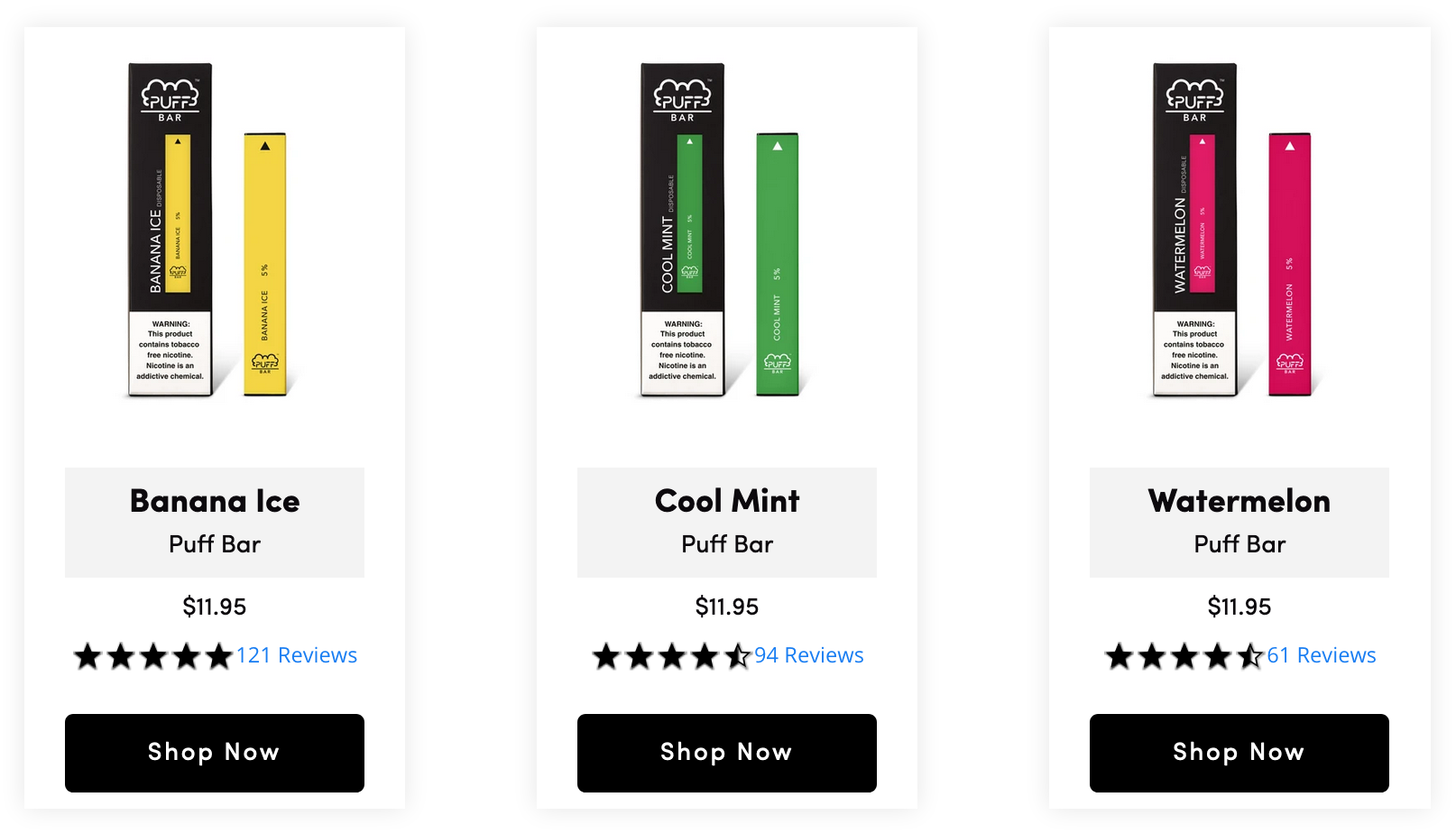
Companies Accused of Greenwashing
When companies green it, they better mean it.
Lawmakers struggle with branding initiatives.
As more states give citizens the right to toke, more companies are looking to advertise their freshly legal THC products. But where marijuana ads can appear and what they can say is as tricky a subject as the debate over legalizing the substance itself.
There are two main reasons the issue is thorny. First, while more than 20 states and the District of Columbia now allow medical marijuana, and two states have legalized pot for recreational purposes, marijuana is still illegal under federal law. Second, parents aren’t all that thrilled with the thought of billboards and commercials advertising the substance. A recent survey by The Partnership at Drugfree.org found that 80 percent of the adults questioned did not want marijuana to be advertised if made legal where they live, even though almost three-quarters of those surveyed supported the use of medical marijuana.
States grappling with advertising regs
Some states are indeed coming down on the restrictive side of the Green Rush (aka, the legalized cannabis trade). Colorado, which along with Washington legalized the recreational use of marijuana, is recommending banning all mass-marketing campaigns that have a high (no pun intended) likelihood of reaching minors, including unsolicited An advertisement that pops up in a new window when you’re browsing the internet. ads on websites and ads near schools or transit sites. But ads would be allowed in newspapers and magazines with an adult readership. The state is also requiring that labels include information on potency and nonorganic pesticides, and warnings that there are health risks associated with consuming the substance. Some cities in Colorado have banned all outdoor advertising.
Washington State bans marijuana ads at bus and train stations, and within 1,000 feet of schools, parks and libraries. The state also prohibits marijuana advertising from using any false or misleading statements, the promotion of over-consumption, and the appeal to children, as well as claiming pot has “curative or therapeutic” effect.
Federal free speech regulations may not apply
Some states, such as Delaware and Vermont, have completely banned pot ads. But a judge blocked a similar attempt in Montana, citing the fundamental right to freedom of speech – which brings us back to that first reason the issue is so thorny. Marijuana is still prohibited under federal law. Thus whether First Amendment protections often cited by commercial advertisers apply is questionable. In fact some federal prosecutors are reminding companies that accepting marijuana advertising violates federal law.
What’s a cannabis company to do?
Battles in court likely
Cannabis companies, eager to brand their product and distinguish it from competitors’ brands, will likely have to fall back on their state constitutions to see whether their advertising rights are protected by free speech clauses. But even so, free speech claims only go so far. Take alcohol and tobacco for example – two recreational substances the government deems as health risks. While the alcohol industry is largely self-regulated, tobacco advertising is heavily regulated by government agencies. But to this day, the battle over how restrictive government can be about cigarette advertising is still being waged in court. Just this year, federal regulators went back to the drawing board after courts disagreed on the constitutionality of attempts to require graphic warning labels on cigarettes packages. Other state attempts to ban the use of color in tobacco advertisements and ads near schools or playgrounds were overturned. Thus whether restrictions on pot ads will pass muster in court remains to be seen.
(Read more here about the First Amendment and commercial speech.)
Either way, marijuana companies are going to have to walk a fine line between getting the word out about their brand and upsetting some of the very consumers they are trying to reach.
Already, some marijuana ads that have popped up across the country have stirred controversy. And the questionable claims have started.
But the fledgling marijuana marketers continue to gear up. Prohibition Brands President Brian Laoruangroch told the Huffington Post: “I know that a lot of people don’t want to hear that I’m going to be advertising, but I’m going to be doing it.”
When companies green it, they better mean it.
FDA says it is aware of the situation but declined to comment on the regulatory status of disposable e-cigarette brand.
The disposable e-cigarette has replaced Juul as the go-to vape for minors.


